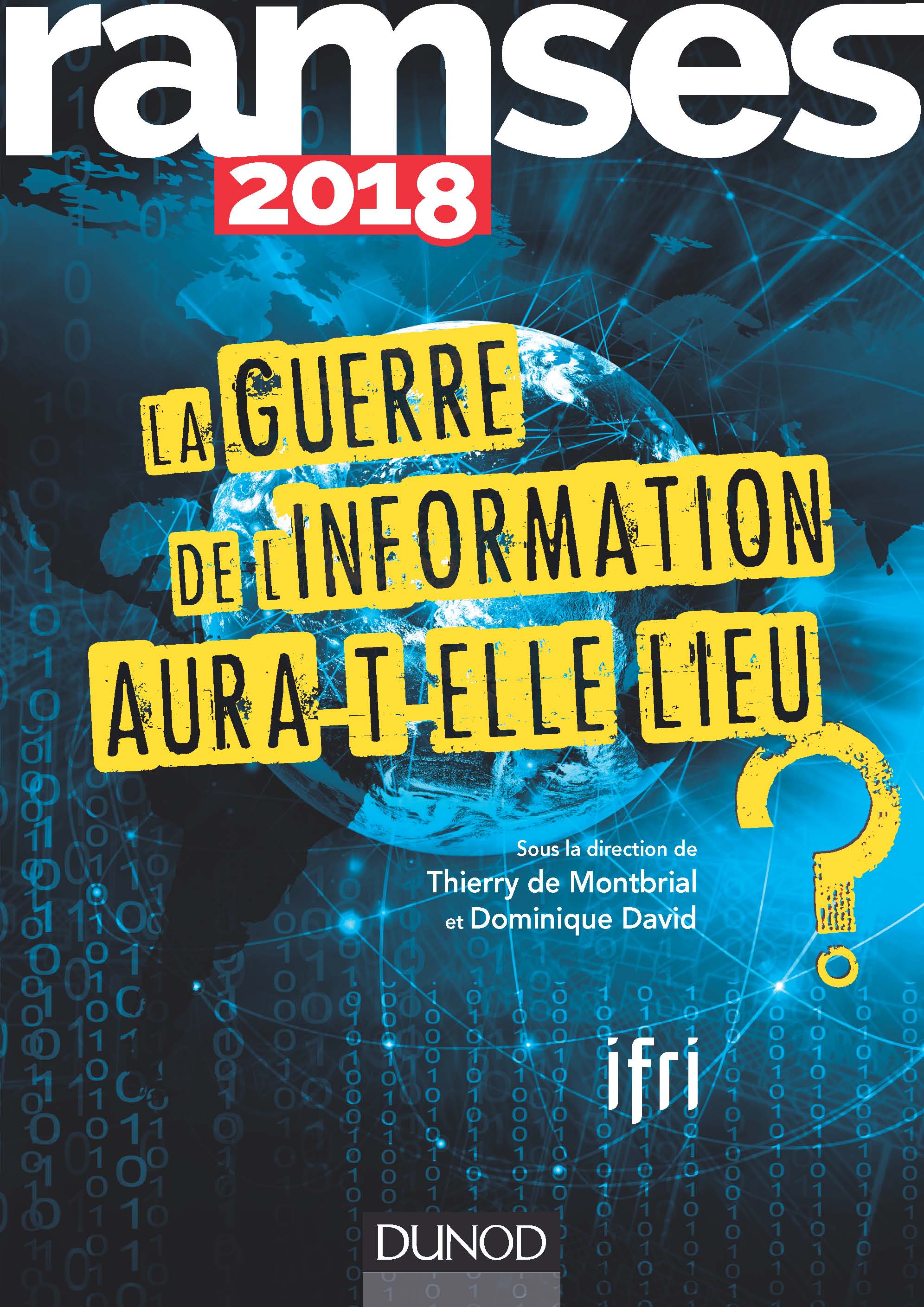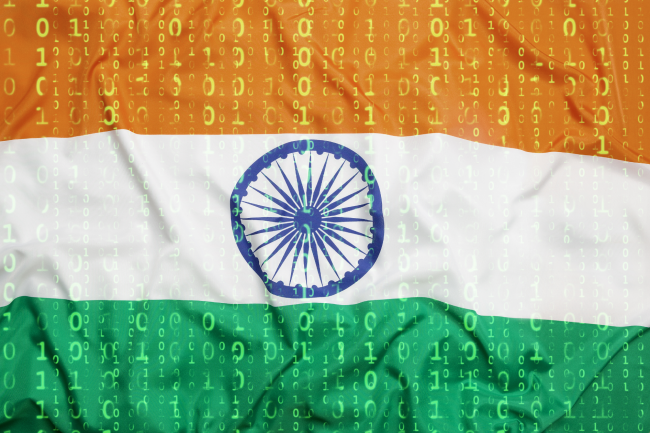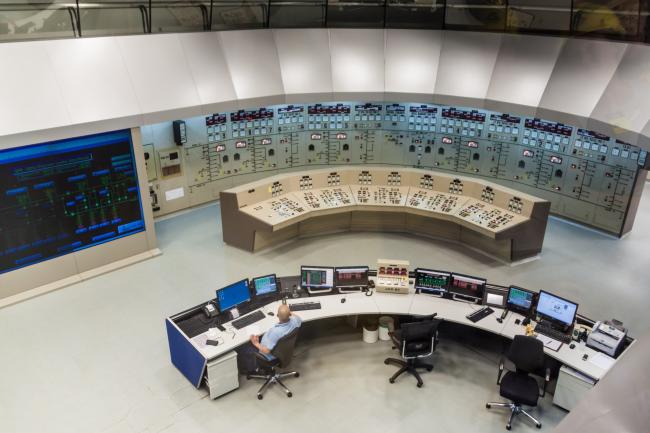Working with “Last Mile” Data Protection in India
India’s digital economy is characterized by “last mile” data protection, with privacy norms, data collection and sharing standards being set at the level of the application (“app”), operating system (OS) and the device. This practice lends itself to multiple, often crisscrossing rules maintained by smartphone manufacturers, mobile operating system vendors and application developers. The user is caught in a maze of privacy policies that bear on important questions: what data is collected, where it is stored, who it is shared with, and legal recourse in the face of policy violations or unauthorized use of data by third parties.

RAMSES 2018. Will the Information War Take Place?
RAMSES 2018. Will the Information War Take Place?, written by Ifri's research team and external experts, offers an in-depth and up-to-date analysis of global geopolitics.
Japan: The Reluctant Cyberpower
Japan’s cyberdefenses remain underdeveloped compared to the country’s great reliance on information and communications technology. Despite Japan’s initial slow response to the security challenges emerging from cyberspace, this paper posits that cybersecurity under the administration of Japanese Prime Minister Shinzo Abe has moved to the core of the country’s national security policy. The 2020 Olympics Games are a major catalyst for this.
Cyber Attacks and Energy Infrastructures: Anticipating Risks
This study analyses the likelihood of cyber attacks against European energy infrastructures and their potential consequences, particularly on the electricity grid. It also delivers a comparative analysis of measures taken by different European countries to protect their industries and collaborate within the European Union.
Cyber Attacks: A New Threat to the Energy Industry
The Network and Information Security (NIS) Directive has been adopted on July 6th, 2016 by the European Parliament, three years after the initial proposal by the European Commission. It paves the way for a much needed common cyber security strategy within the EU. This Edito explains the reasons why the energy industry is particularly vulnerable to cyber attacks, and what tools this new directive brings about to protect European critical infrastructures.

The Virtual Weapon: Dilemmas and Future Scenarios
Cyber technology challenges conventional mechanisms of deterrence and conflict management.
NSA Does the Grand Tour
On Tuesday Barack Obama called President Francois Hollande of France to explain the National Security Agency’s massive surveillance of French government offices, businesses and private citizens. Obama stated that this was a well-meaning attempt to protect both countries from Islamic terrorism. He offered to “reexamine” the program so as to determine whether the right balance was struck between public safety and privacy rights.
Cyberguerre : En quête d'une stratégie
Cyberspace, as a major but intricate field of action, represents both a challenge and a great strategic advantage. At a time when information technology affects all relationships at a global level, states are destabilized by growing dependence on computer data which puts their militaries at risk.

Cyberwar Will Not Happen, but We Must Be Prepared
Even if no independent cyberwar has ever taken place, “cyberspace” has nonetheless become an important dimension of current conflicts.
Replay - Shaping Europe’s Technological Sovereignty
Watch Ifri's Center for Geopolitics of Technology's annual conference replay.
Support independent French research
Ifri, a foundation recognized as being of public utility, relies largely on private donors – companies and individuals – to guarantee its sustainability and intellectual independence. Through their funding, donors help maintain the Institute's position among the world's leading think tanks. By benefiting from an internationally recognized network and expertise, donors refine their understanding of geopolitical risk and its consequences on global politics and the economy. In 2025, Ifri supports more than 80 French and foreign companies and organizations.











